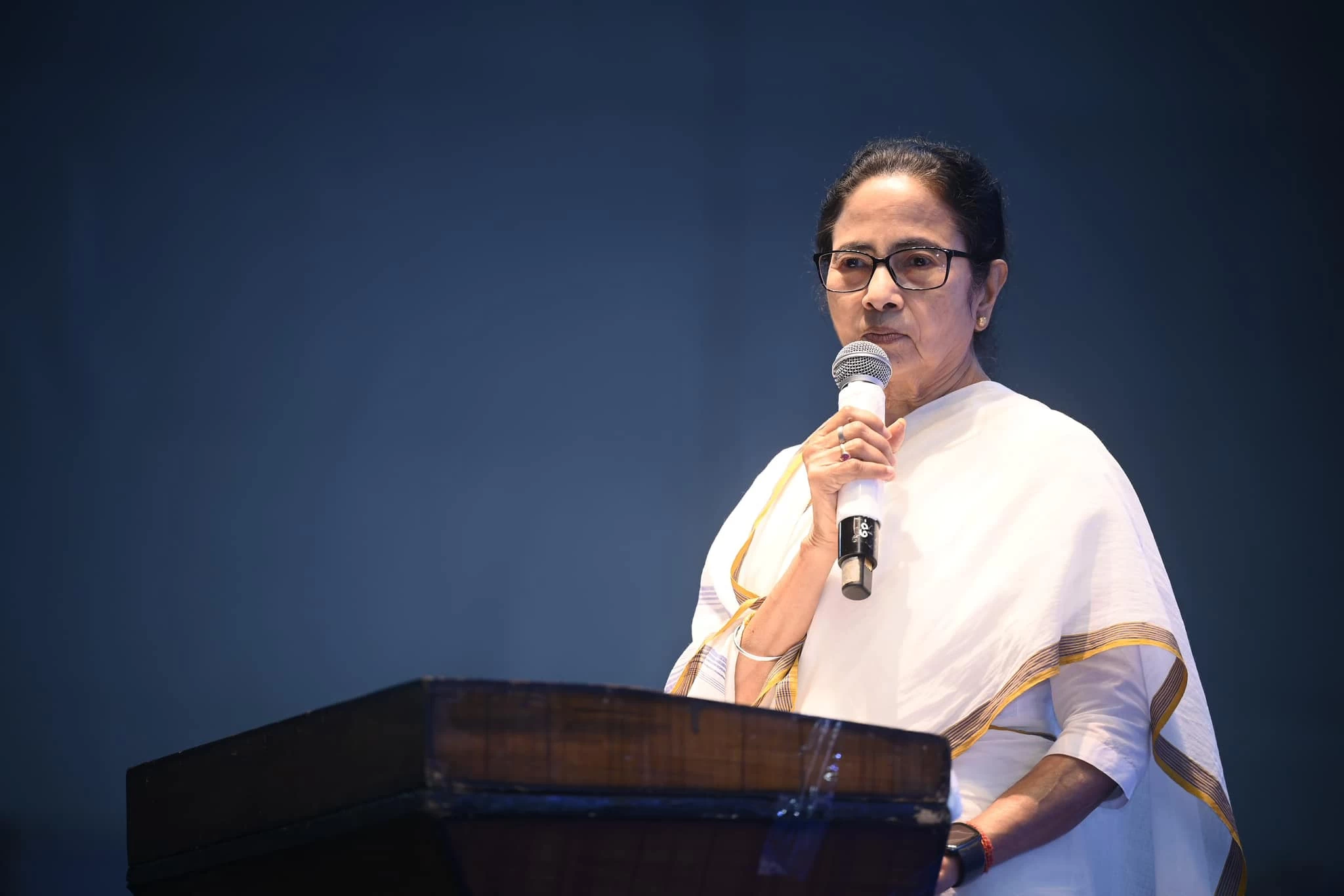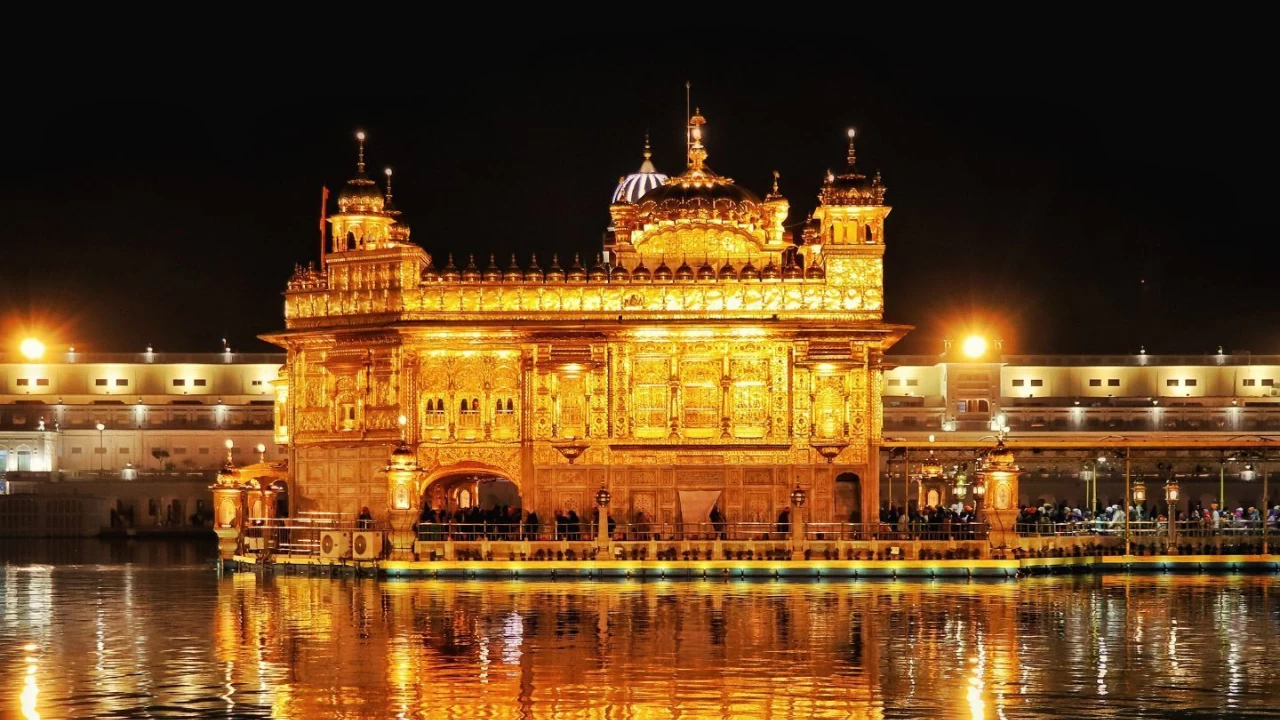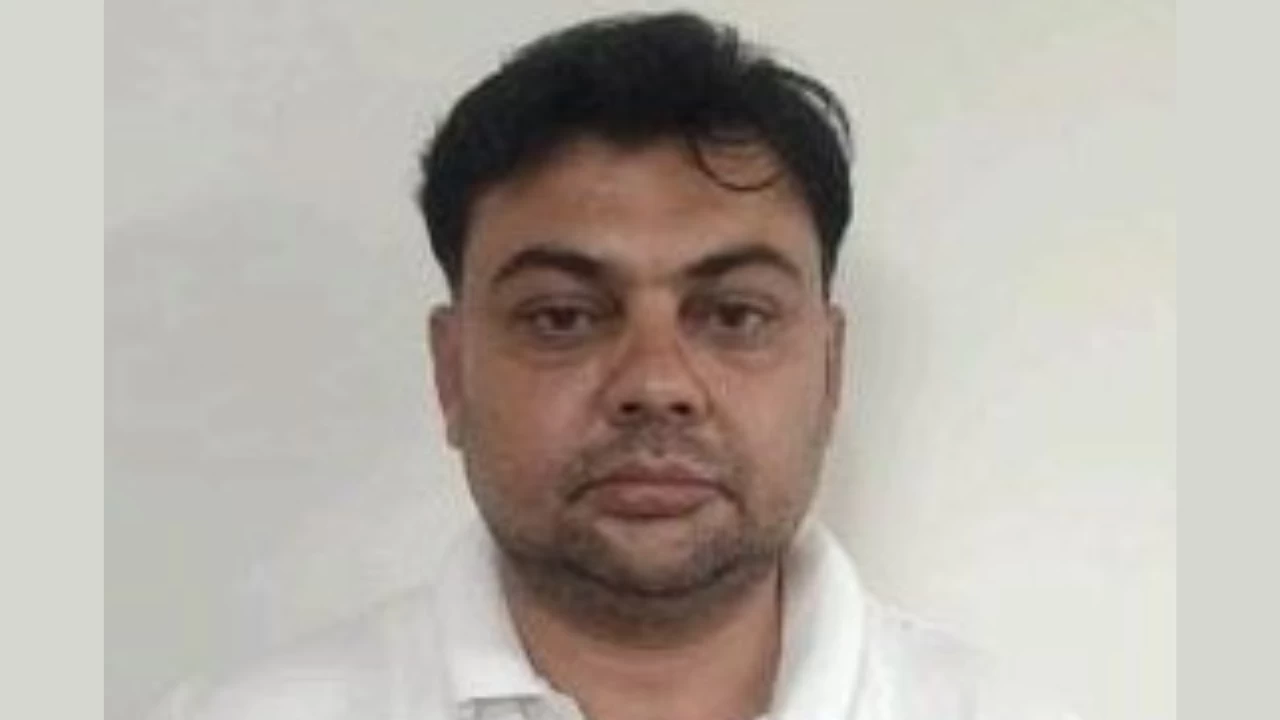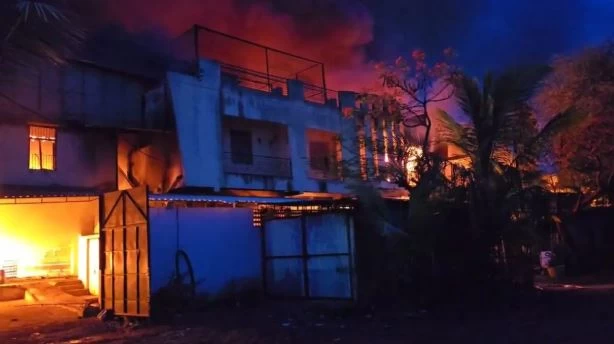Latest Updates
“By nurturing a culture of trust…”: Supreme Court Rejects Calls for Full VVPAT Verification in EVMs
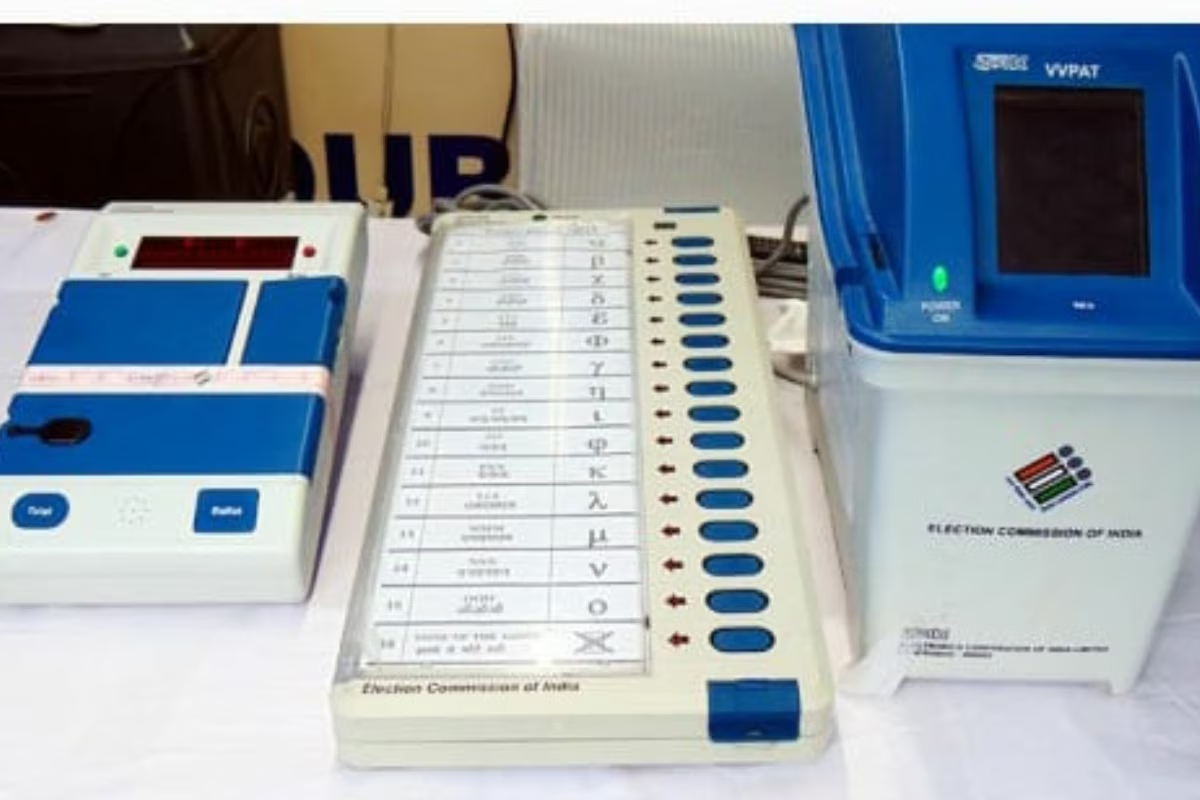
The Supreme Court on Friday dismissed petitions demanding comprehensive cross-verification of votes cast via Electronic Voting Machines (EVMs) with Voter Verifiable Paper Audit Trail (VVPAT).
"While balanced perspective is important, blindly doubting a system can breed scepticism and thus, meaningful criticism is needed, be it judiciary, legislature etc. Democracy is all about maintaining harmony and trust among all the pillars. By nurturing a culture of trust and collaboration, we can strengthen the voice of our democracy," said Justice Datta in the judgment.
A bench of Justices Sanjiv Khanna and Dipankar Datta delivered verdicts on the matter. In his pronouncement, Justice Khanna stated the court's rejection of all petitions, including those advocating a return to ballot papers in elections. However, the court permitted the verification of EVM microcontrollers by manufacturers after poll results, upon request by candidates ranking second and third.
The apex court also stipulated that such verification requests must be made within seven days of election result declaration, accompanied by a fee payment. Additionally, it issued directives regarding the sealing of symbol loading units' containers in the presence of polling agents and candidates, to be secured for 45 days post-results.
Furthermore, the court mandated the verification of the Control Unit, Ballot Unit, and VVPAT by engineers from EVM manufacturers after results announcement, upon a written request within seven days. The expenses for this verification would be borne by the candidate making the request, refundable if tampering is detected.
The petitions sought full verification of votes cast on EVMs with VVPAT slips, challenging the current practice of random verification in five EVMs per Assembly constituency. An EVM consists of a control unit, a balloting unit, and a VVPAT machine connected by cables, enabling voters to verify their votes.
Responding to concerns, the court reiterated its stance that it cannot dictate the Election Commission's functioning, emphasizing its role as a constitutional authority. It dismissed comparisons with European countries reverting to ballot voting, stressing the Indian electoral system's uniqueness. . The Election Commission reiterated the robustness of the current system, emphasizing its foolproof nature.




